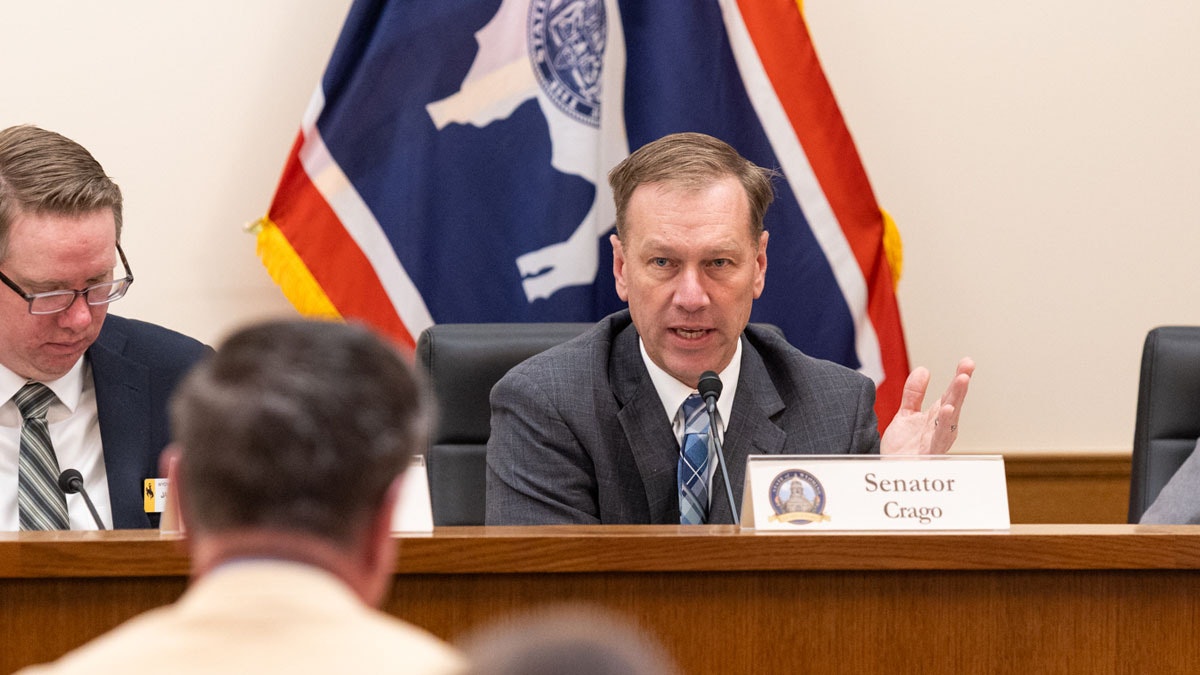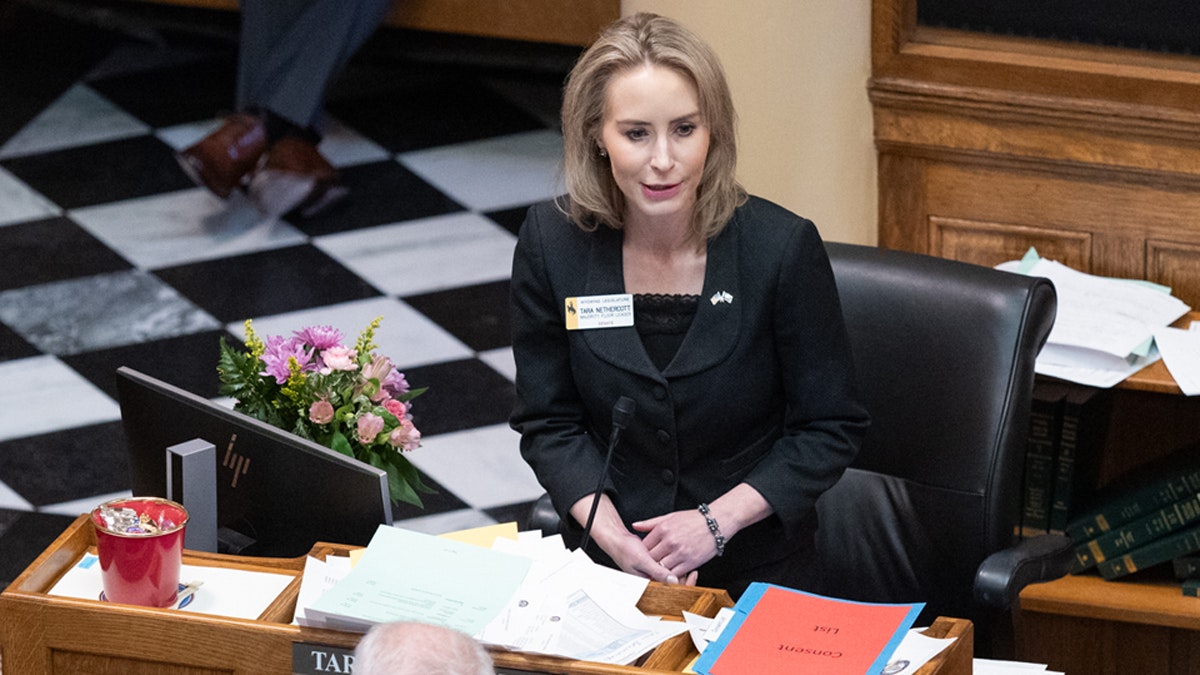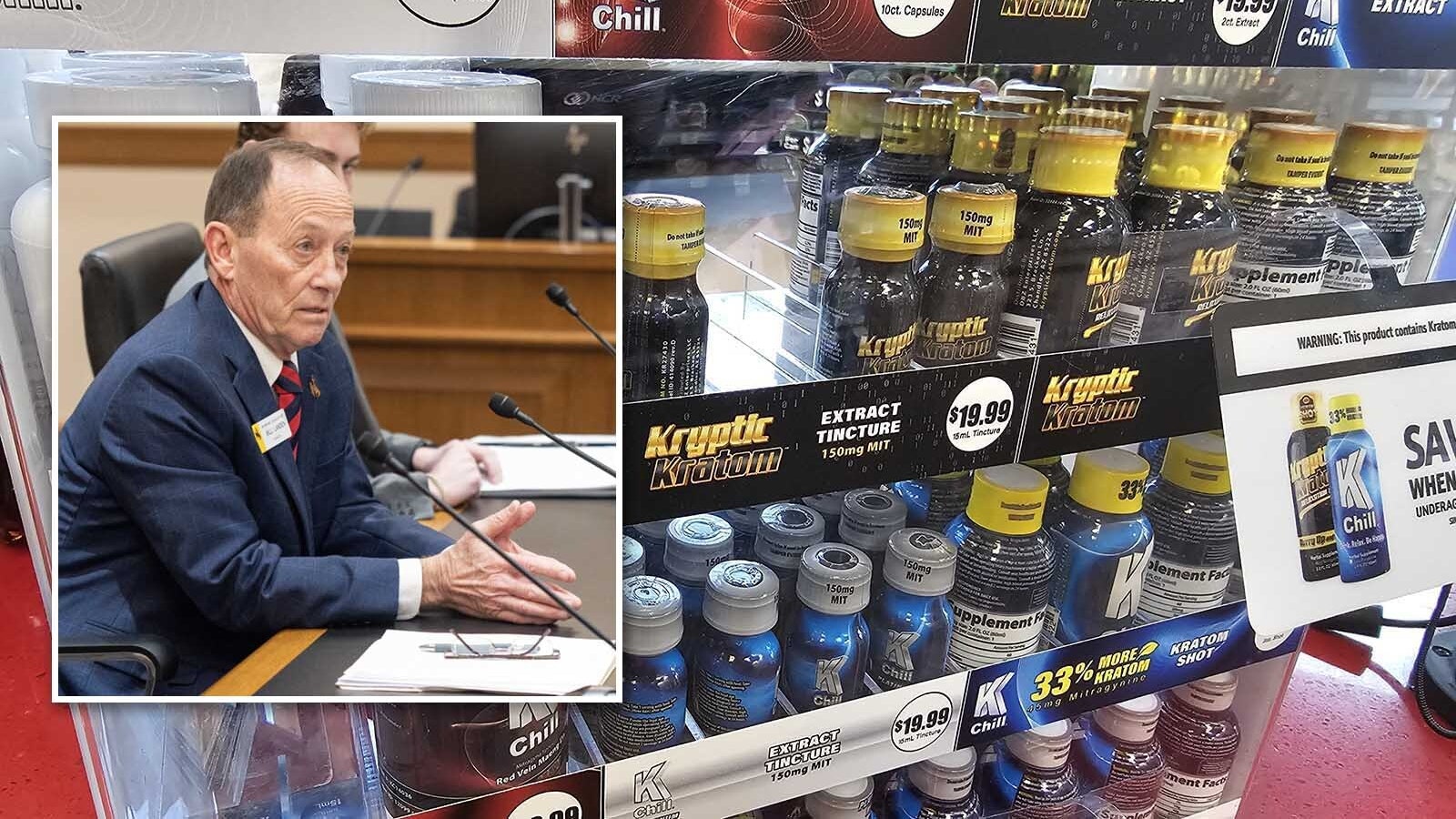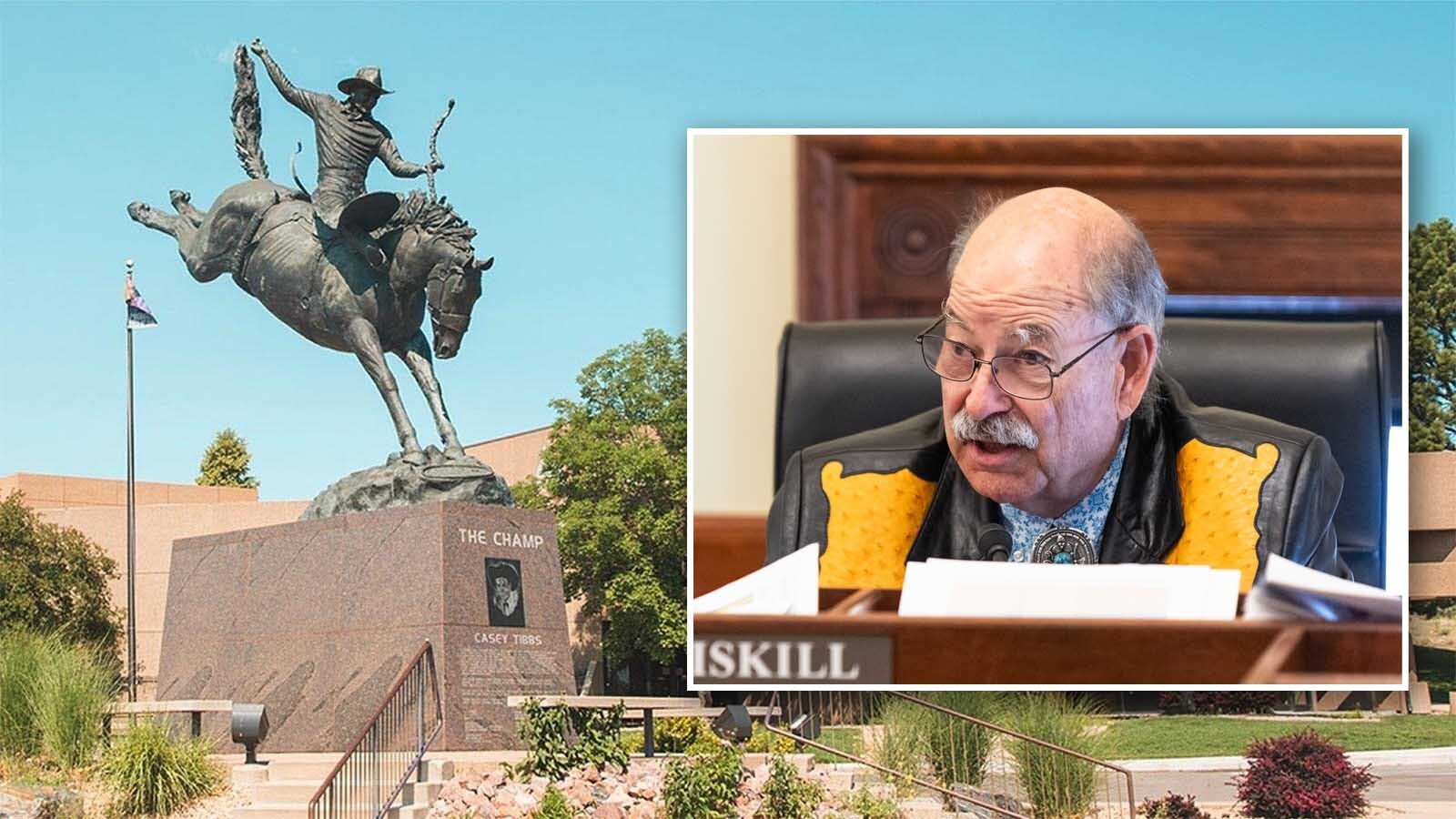New Wyoming Office of State Lands and Investments Director Stacia Berry is taking over a job that most people don’t hear about unless they’re upset with a decision she’s made.
“This is a position that doesn’t get mentioned very much, but really works with some highly critical resources for the state with big impacts for future generations,” Berry said.
The Office of State Lands and Investments (OSLI) is required by law to manage state trust lands to produce as much income as possible to support public schools and other public institutions. This requirement cannot be waived for personal or political preferences.
This year, that’s projected to be close to $250 million.
Berry believes raising money through leases on state trust land is a critical part of her office’s mission, equating the management of these lands to the planting of trees that only future generations will get to enjoy.
“That’s much like state lands, we have to continue investing in what we know will benefit a generation of people that we’ll never meet, but those are the people that we’re serving,” she said.
Berry wants to perform more outreach with local officials so that they’re more aware of what her office does and the state lands usage process.
Controversy
Matters became contentious earlier this month when the State Board of Land Commissioners, which OSLI staff advises, considered approval for a large wind turbine project in eastern Wyoming. Although nearly every member of the board expressed opposition to this form of energy, they still approved the project on a 4-1 vote.
In 2024, the board rejected a controversial land transfer in Sheridan County that recreation enthusiasts argued would cut off their public access.
“There was a time when state lands weren’t open for public use,” Superintendent of Public Instruction Megan Degenfelder said. “Many Wyomingites have become increasingly accustomed to relatively recent access of state lands, making development decisions more ripe for conflict than ever before.”
Controversial projects like these will likely only become more common as green energy develops into the future and people continue to move away from farming and agriculture.
“It is critical to have a strong Office of State Lands to balance the fiduciary responsibility of development in perpetuity and with multiple use,” Degenfelder said.
How It Works
Trust lands are leased for a wide variety of surface and subsurface purposes, and produce revenue in the form of rentals, royalties, and fees.
According to the University of Wyoming, from the mid 1700s to the late 1950s, state trust lands were granted to states upon admission to the union as a way to encourage public education. Today, there are about 46 million acres of state trust land across 23 states, 85% of which is in the Rocky Mountain region.
This year, Wyoming’s 3.5 million surface acres and 3.9 million subsurface acres are projected to produce around $241 million in revenue, most coming from mineral leases and royalties, particularly oil and gas development.
Alternatively, federal public lands — those managed by federal agencies such as the Bureau of Land Management and the U.S. Forest Service — are required by law to be managed under a multiple-use mandate, which generally requires the consideration of all uses and users in management decisions.
“State lands are not public lands,” Degenfelder said. “They were granted by the federal government to pay for public education and the board has a constitutional responsibility to maximize this revenue.”
This difference is critical as the public access guarantee on state trust lands is not nearly as expansive as some people may think. In 1988, the land commissioners officially allowed the public the privilege of hunting, fishing, and general recreational use on state trust lands. This comes with the caveat that these lands must be legally accessible and cannot be used for off-road vehicle use, overnight camping, or open fires, as many federal lands allow.
It also doesn’t prevent them from being used for mineral development, or wind energy projects like the one approved earlier this month.
Although OSLI makes recommendations, the board of land commissioners, made up of the state’s top five electeds including Degenfelder, gets the final say on land use decisions.
“My goal would be that this office always brings forward to the board all the data they need to make an informed decision,” Berry said.
President Donald Trump’s administration has suggested the idea of selling off federal land for various purposes. Berry was noncommittal when asked about how her office would react if offered this opportunity.
“At 10 days into this office, I don’t know what the resources that would be to take on that on,” she said. “I don’t have the data yet, what that would look like or what that would take.”
Chance To Speak Out
Berry and other state officials will be speaking at a state trust lands forum at the University of Wyoming on April 22, which will give the public the chance to learn more about these trust lands and express what they would like to see happen with them and OSLI.
“We are excited to interface with stakeholders and welcome their feedback,” Berry said.
State Treasurer Curt Meier and outgoing Attorney General Bridget Hill will also speak at the event.
Who’s Berry?
Berry, a fourth-generation Wyoming native, was appointed to her position by Gov. Mark Gordon in February.
She had been a partner at Koch Law P.C. since 2022, where her practice included water, property law, land use and estate planning.
Previously, she served as the deputy director of the Wyoming Department of Agriculture from 2015-2022 and was an attorney at Hageman Law P.C. She also served as the National FFA Secretary.
Berry said it’s that past experience that has led her into her current role, overseeing 95 employees when considering the state’s forestry division, which falls under OSLI. She wants her office to focus on customer service, communication and common sense moving forward.
“I think those three things combined can help us solve really complex problems and work with the public as best we can,” she said.
Leo Wolfson can be reached at leo@cowboystatedaily.com.





